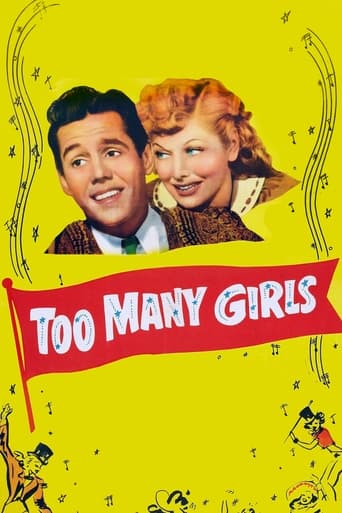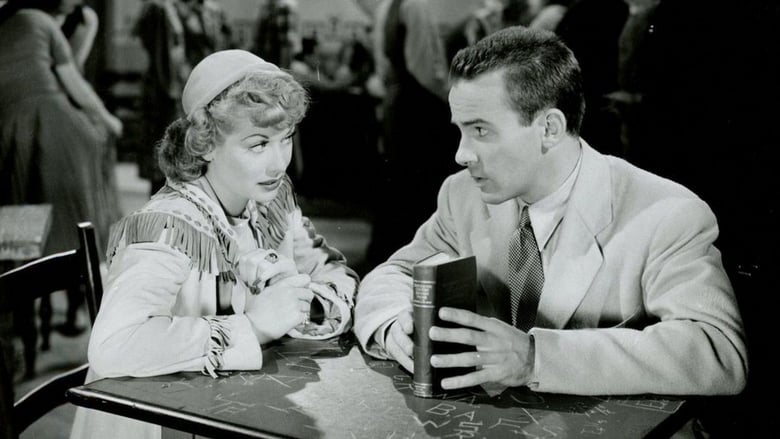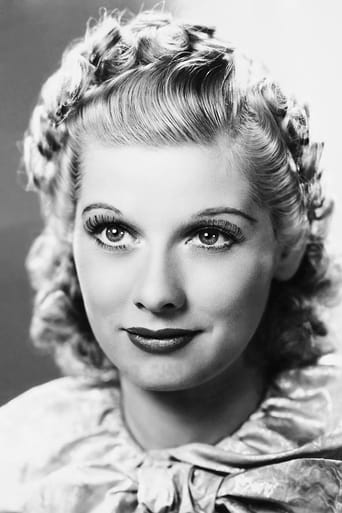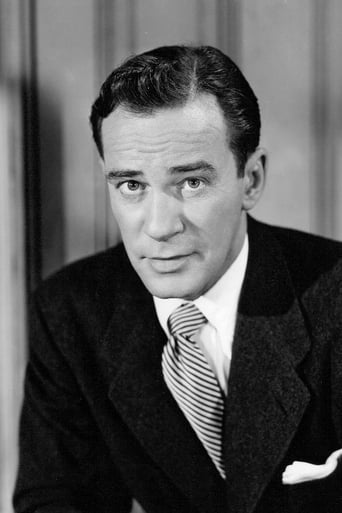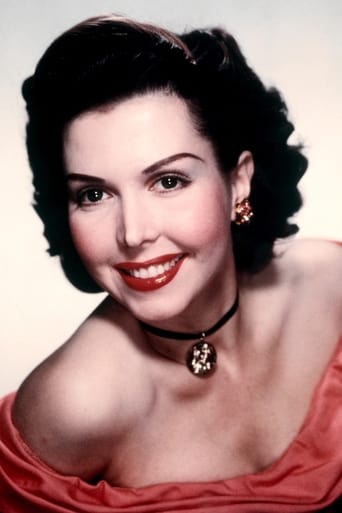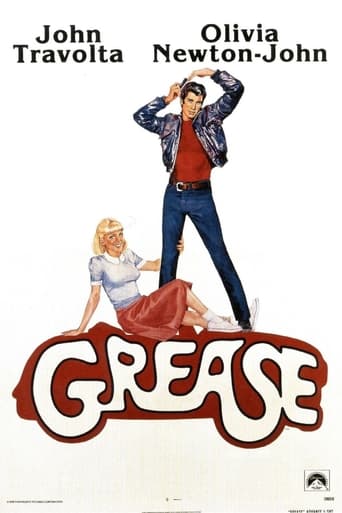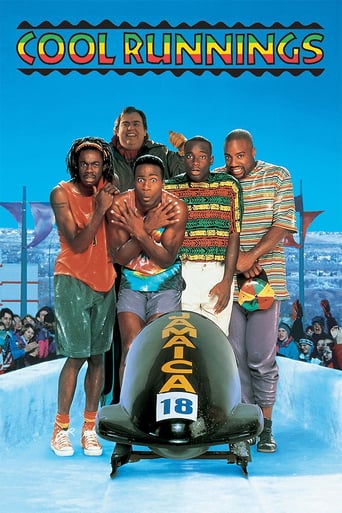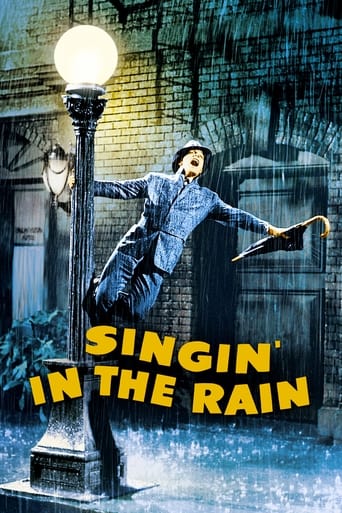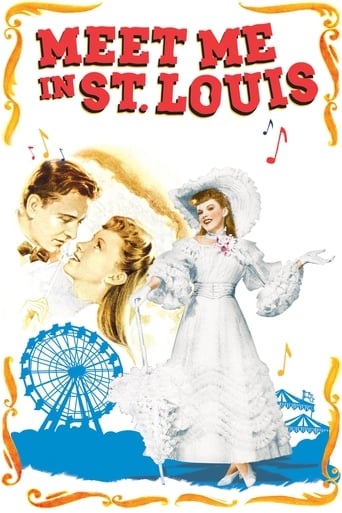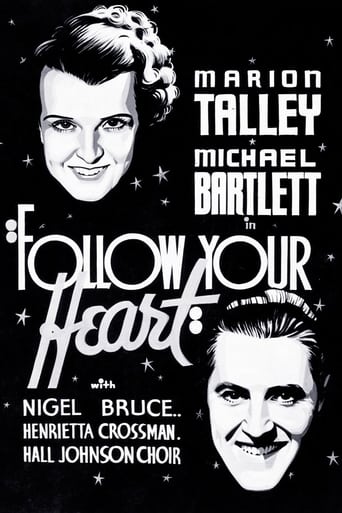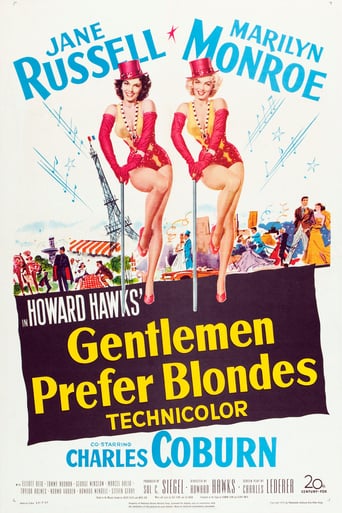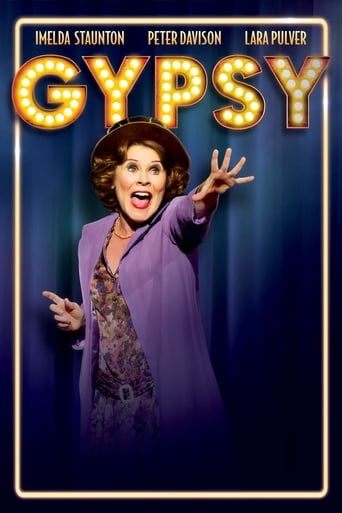Too Many Girls (1940)
Mr. Casey's daughter, Connie, wants to go to Pottawatomie College and without her knowledge, he sends four football players as her bodyguards. The college is in financial trouble and her bodyguards use their salary to help the college. The football players join the college team, and the team becomes one of the best. One of the football players, Clint, falls in love with Connie, but when she discovers he is her bodyguard, she decides to go back East. The bodyguards follow her, leaving the team in the lurch.
Watch Trailer
Cast


Similar titles
Reviews
I wanted to but couldn't!
A waste of 90 minutes of my life
if their story seems completely bonkers, almost like a feverish work of fiction, you ain't heard nothing yet.
It's easily one of the freshest, sharpest and most enjoyable films of this year.
"Too Many Girls" is fluffy little musical that most likely would be getting no attention today...if it wasn't for the chance pairing of Lucille Ball with her future husband, Desi Arnaz. Apart from this, there's not much to recommend it...not the story nor the songs.When the film begins, four college football players decide to forego returning to their old schools but instead enroll in tiny Potowomanie College in New Mexico! Why? Because a pretty but spoiled young lady (Ball) is going there and her father hires them all to keep an eye on her from a distance. Why they would leave the top football schools in the country seems a bit dubious and it's all an excuse for a lot of singing and dancing and nonsense. My recommendation? If you must see it, well, it's harmless. Just don't THINK very much, as the story seldom makes any sense and overthinking this one will ruin it. Otherwise, if you skip it and watch something else, the chances are what you chose instead is better!
This was a 1930's stage musical put into film, and is significant mostly for the fact that Desi Arnaz and Lucille Ball met for the first time on the set and would later marry and become huge entertainment legends. Also, many stage actors would play their first roles in the movies. Perhaps the stage musical was better, but this movie was a borefest whose performers seem to be going through the motions.The story is about the rebellious daughter of a wealthy businessman who wants to go to her father's alma mater-a small college in New Mexico with financial problems. The father agrees, but secretly hires four young men to enroll with the idea of being her secret bodyguards. The men are football players and join the team. I am making the movie sound more interesting than it was. It had the potential to be entertaining, but it fell completely flat, as if everyone was in a hurry to get everything over with.Notable only for historical interest; not worth watching otherwise. I wondered why they bothered to put it on video.
Rodgers and Hart rarely were served well in the movies. A handful of classic musicals in the middle 1930s (including LOVE ME TONIGHT and HALLELUJAH. I'M A BUM) and an occasional partial success (MISSISSIPPI, abetted by Bing Crosby's voice in two standards), but most of their best work was shelved. The fact was Richard Rodgers would not really be well served in terms of his scores until his partner's last name was Hammerstein. TOO MANY GIRLS is not one of the best scores, but the film version is actually quite good. As pointed out elsewhere the plot is like GIRL CRAZY, but the central figure is a female (Lucille Ball) not a male (Mickey Rooney). The film is the one where Lucy met her future husband and partner Desi Arnaz, but (ironically for what we now know about them), in this film Desi is paired off with Anne Miller, and Lucy with Richard Carlson. The other star (Eddie Bracken) is paired off with Francis Langford. This is one of those musicals for a wet afternoon at home, and it works as entertainment. It has some good moments that are unexpected. Lucy is shipped to this out of the way college in the southwest (for its day it is ahead of its time, as Desi is one of the football stars at the college, and Anne - his girlfriend - is a Native American). The reason she is sent is her too open sex life. Her father wants to end this, and he does by sending her to his alma mater. But her father is played by the old reliable Harry Shannon, here (for a change) a millionaire. He gets a chance to warble the university theme song, which is as asinine as "Boola Boola" is for Yale. Shannon gives it his full pipes and acting, even pounding his breasts while singing the nitwit lyrics (Lorenz Hart must have been enjoying himself when he wrote this - his version of "Grand Old Ivy" in HOW TO SUCCEED IN BUSINESS WITHOUT REALLY TRYING). Regretfully Shannon, after shipping Lucy to the college, never reappears in the film - he really deserved a second silly number.One number from the show was cut from the film - probably wisely. Desi does eventually do his "Babaloo" number in the film, and with real spirit (forming a conga line the others are on). But in the show he had a tune, "Everythin' is Spic and Spanish!". While it would be curious to hear Desi singing it, it did not make the film. As a result the film is still available to be seen by the public. I suspect if the number had been kept in (and why shouldn't it in that simpler, more openly racist period), Latino groups would be demanding it be cut in re-release of the movie. I suspect that Arnaz, a proud Cubano, would probably have also regretted singing such a tune in a released movie after say 1970 or so.The film is also one of the few films directed by Broadway legend George Abbott, who directed the stage version. Abbott also directed the film version of DAMN YANKEES!, again a musical he directed on stage. While both films are good, I notice one tendency by Abbott that is barely controlled because it appears in both films: at some point in his musical numbers he picks up and misuses a close-up. In DAMN YANKEES! one of the songs involves three of the baseball players dancing. This is not annoying, but Abbott suddenly pulls a close-up of one of them, winking at the others (who we cannot see), tipping his cap at an angle and stepping forward to do his soft shoe act. We don't have to see this close up, and Abbott (who probably had done that done by the actor on stage) did not think of that. Here, in a major dance number involving all the student body at the college, he pushes the camera towards a cannon that is pulled 90 degrees to face the camera, and when the camera is about ten feet from the cannon the cannon is fired "into the faces of the audience". Again Abbott probably did that on stage, but it is less than effective in close up in a film. In fact, had he done it from a distance it would have blended in nicely with the dance number.Still those mishaps are few. I don't dwell on the plot (dealing with colleges and football and the girls versus their boyfriends until the final clinches), but it is definitely worth watching once or twice. So I give it an "8" out of "10".
Too Many Girls is a charming, light-weight and vapid college musical based on the Broadway show by Richard Rodgers and Lorenz Hart. What it has going for it is a fine Rodgers & Hart score, enthusiastic and talented actors (several of whom, such as Eddie Bracken, Desi Arnaz, Hal LeRoy and Van Johnson, were re-creating their Broadway roles), a couple of first-rate production numbers and a nostalgic look at a long-ago time when co-eds wore beanies and college football was played just for the fun of it. Connie Casey (Lucille Ball), the head-strong daughter of a rich industrialist who has been trying to keep her out of trouble, decides she wants to go to Pottawatomie University, her father's alma mater, in Stop Gap, New Mexico. Dad agrees, but secretly hires four college football stars as bodyguards. "Kelly," he says to one of them, "would you like a job? Good pay, long hours, hard work. You're not afraid of that, I suppose?" "Oh, no, sir," Clint says. "Good pay never frightened me any." Connie, unknown to her Dad, has fallen for a famous British author who has a ranch near Stop Gap. The four new bodyguards are Clint Kelly (Richard Carlson), Jojo Jordan (Eddie Bracken), Al Terwilliger (Hal LeRoy) and Manuelito Lynch (Desi Arnaz). Once everyone is enrolled, things do not go smoothly. There are lovely co-eds to distract our bodyguards (the ratio of male to female at Pottawatomie is 1 to 10). There is the football team that desperately needs help if it is ever to win a game. There are all those creaking jokes. When Jojo is surrounded by cute and adoring Pottawatomie co-eds one day, he's asked if he'd ever dated any of those eastern girls. "Oh, I went with a senior at Wellesley," Jojo tells them. "They're all air-conditioned." "What do you mean, air-conditioned?" "Forty degrees cooler in the house than on the street." Mainly, there is Connie to be kept from her paramour, which is both made easier and more difficult when Clint falls for her, Connie reciprocates and then finds out he was sent to keep an eye on her. Well, Connie is hurt and angry. She decides to leave Pottawatomie on the night train going back east...and her football-playing bodyguards must go with her. But wait. There's a crucial game the next day. Without Clint, Jojo, Al and Manuelito there's no hope that Pottawatomie can win. Only if Connie realizes how much she loves Clint and relents can our boys play. I know you're in suspense over what Connie decides, but I don't believe in spoilers. You'll have to watch the movie. The primary reason to see the movie is the Rodgers & Hart score. This was the only film version of a Thirties Rodgers & Hart production that even remotely resembled the Broadway original. The score has one classic, "I Didn't Know What Time It Was," and one near classic written specifically for the movie, "You're Nearer." Since this is a college movie, Rodgers & Hart came up with some real rousers; pep songs before a game and victory songs after: "'Cause We Got Cake," "Spic and Spanish" and "Look Out." The climax is a near hallucinogenic production number that features a bonfire, pulsing rhythm, flickering shadows and Desi Arnaz sweating and beating a bongo drum while he struts amidst the cheering throng. Rodgers & Hart also came up with a lovely, gentle gem of a song, "Love Never Went to College," that demonstrates why Hart was one of the best in the business. Lucille Ball is a knock-out. Richard Carlson is stalwart and a bit wooden. This was Eddie Bracken's first movie and he's great...especially when he sings his version of "I Didn't Know What Time It Was." Hal LeRoy, like Bracken, is around to provide comic relief. He was a gifted and distinctive dancer. He has one tap segment in the Spic and Spanish number which is extraordinary. He's not only fast, but his knees seem to be double-jointed. Desi Arnaz makes a funny and endearing impression as the guy who is always ready for a game or a dame. Frances Langford, long forgotten by most nowadays, was a pop singer of style and great popularity during the Forties. She does a fine job as the student body president. She does an even finer job singing some of the songs. Ann Miller is there to do her machine-gun taps and precision twirls. And although Van Johnson is unbilled (he's listed on IMDb as Chorus Boy Nr. 41), his one line is vital to Pottawatomie and to the movie. "We won the game, so help me!"

